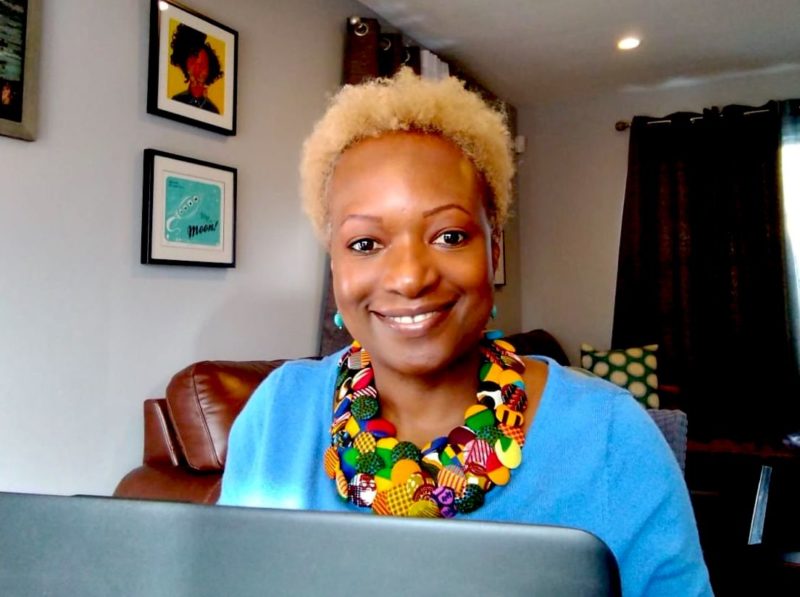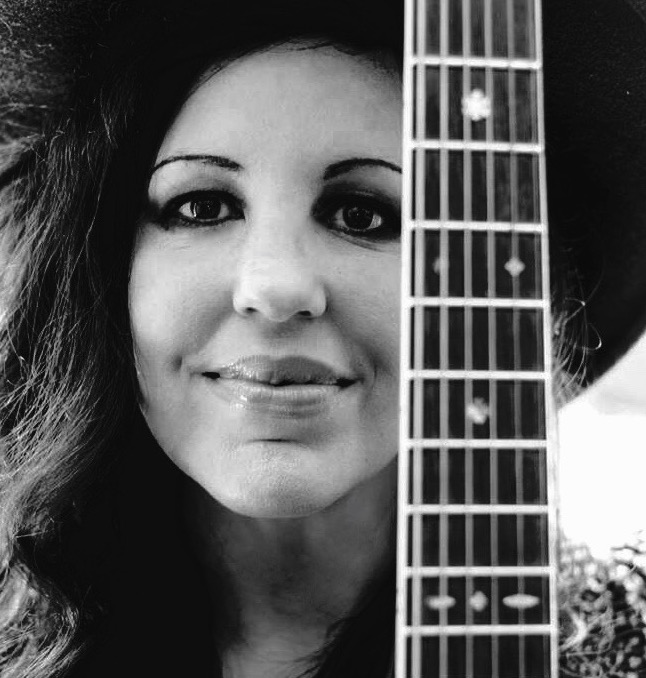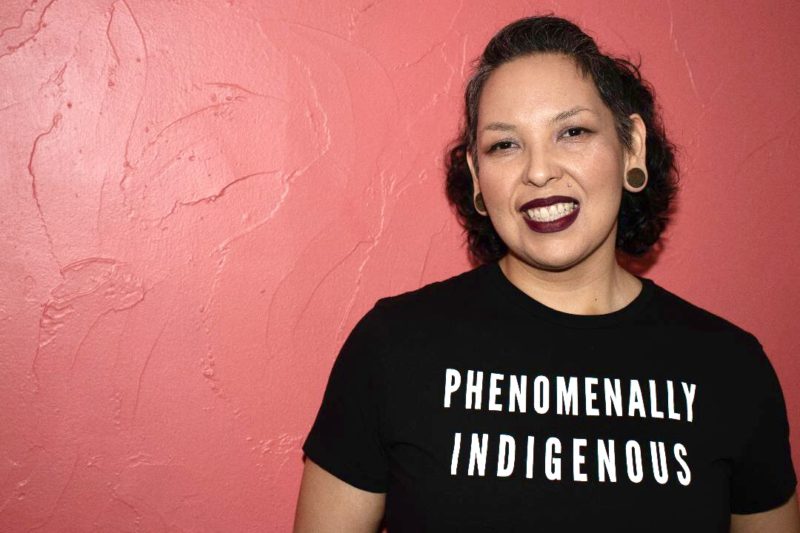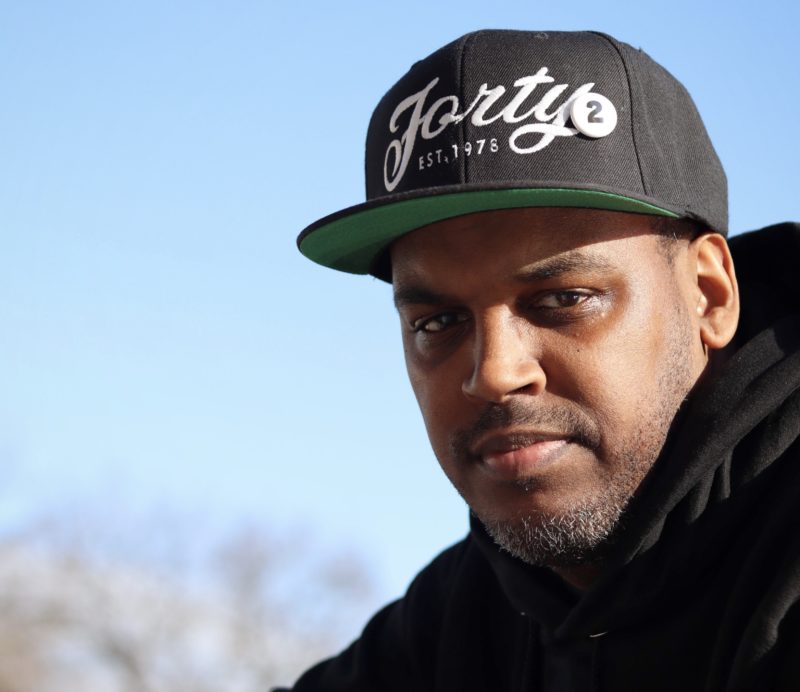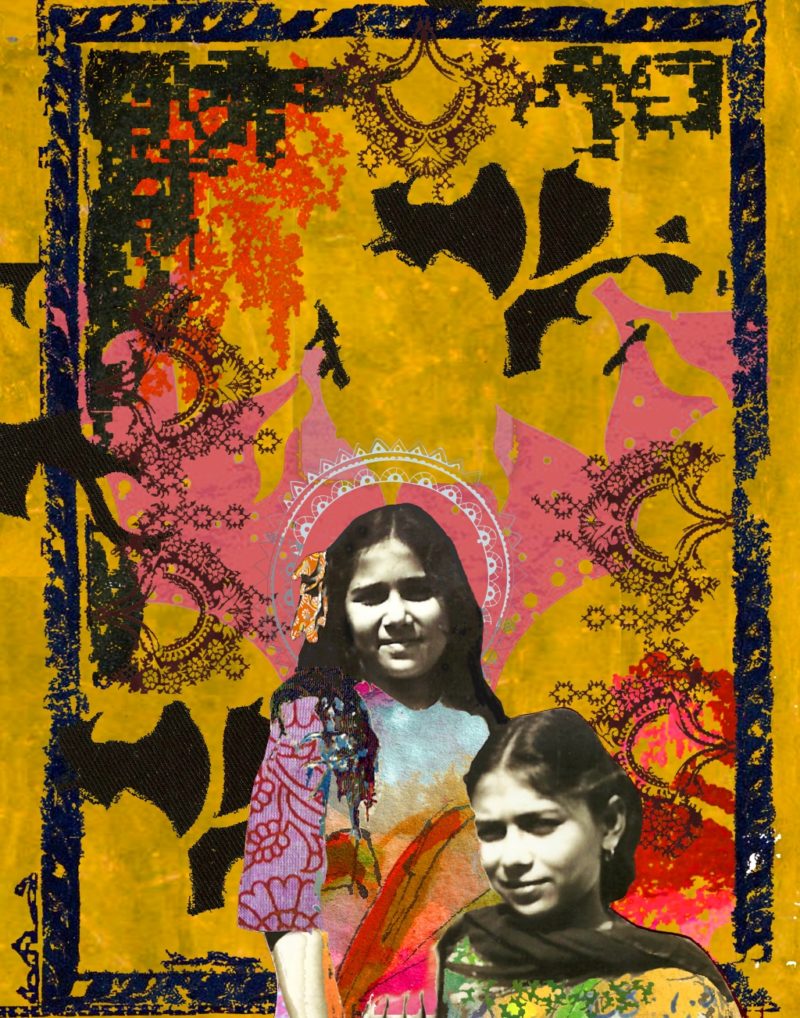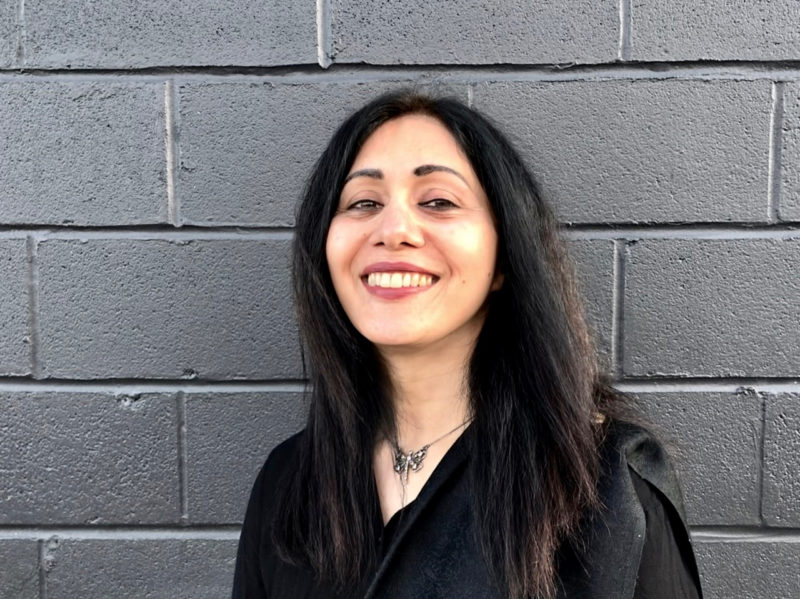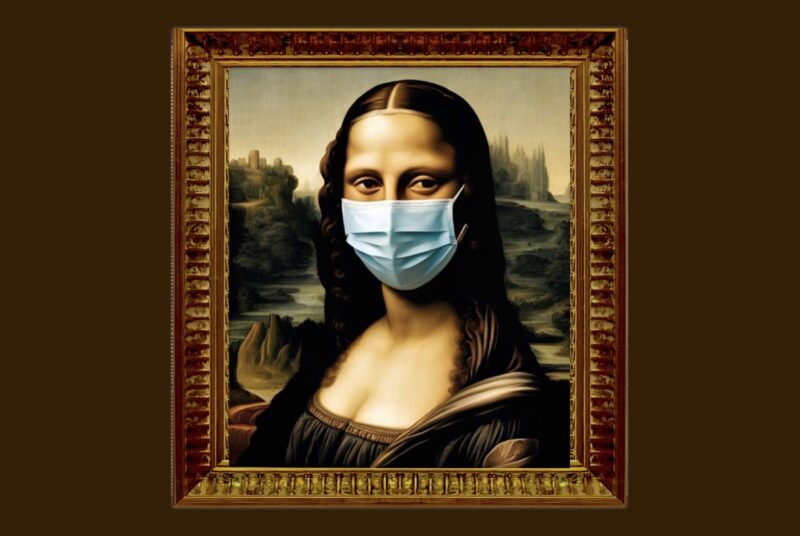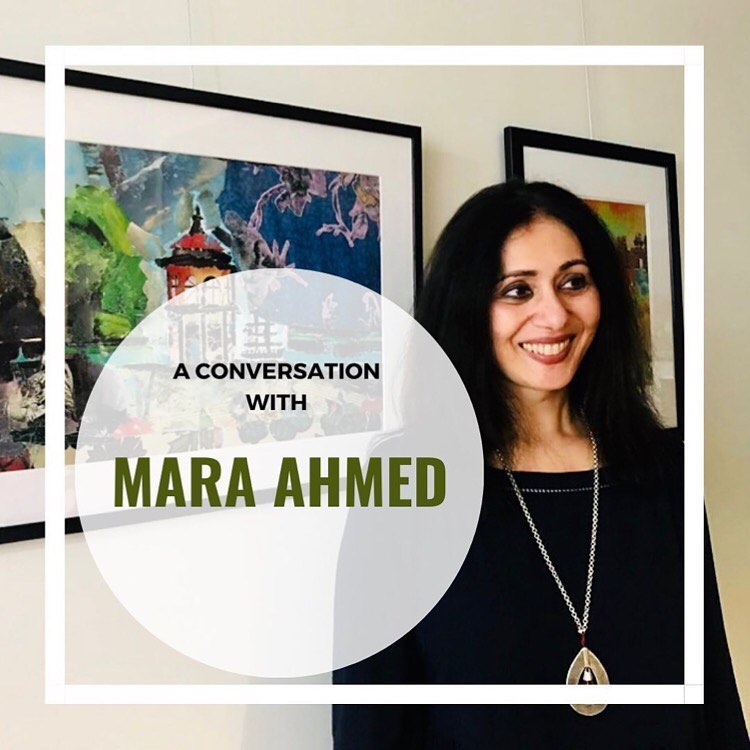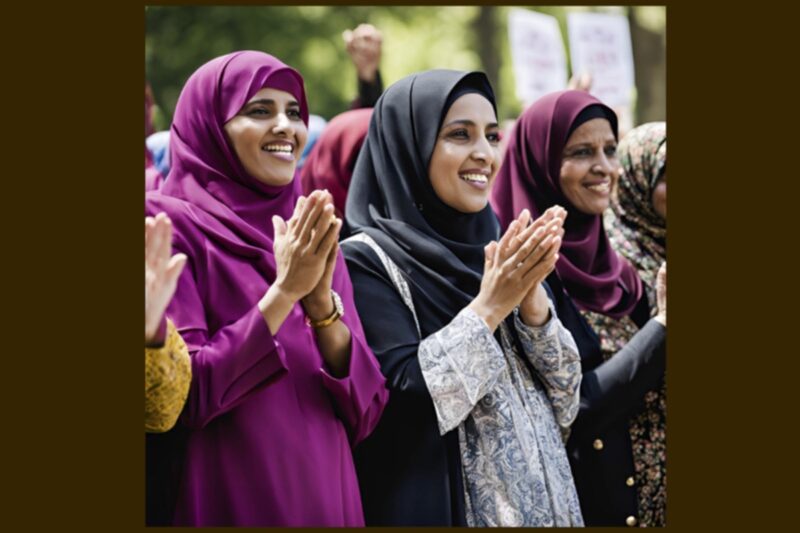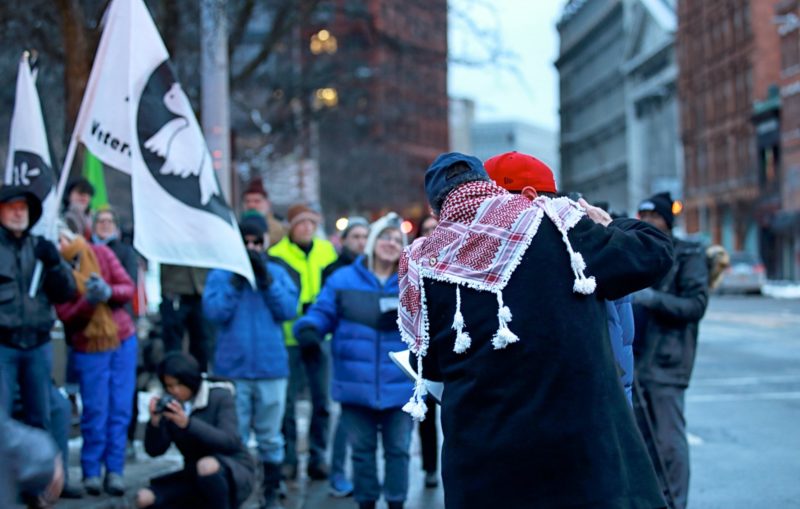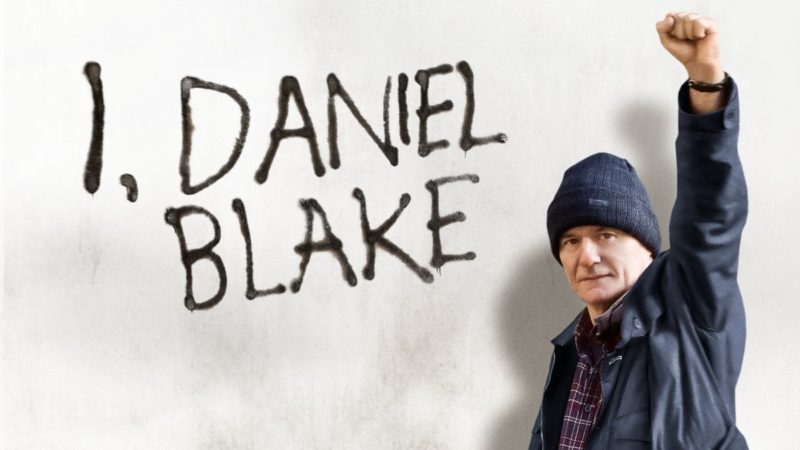My relationship with food is a story of a quest for culinary euphoria, but there are many chapters in this story such as family traditions, friendships, travel, love, grief, comfort, and survival.
All posts by maraahmedstudio
Lauren tells of her experience of having her job terminated during the pandemic by a hostile superior in her workplace. Instead of communicating with compassion and awareness, this former colleague weaponised managerial semantics to alienate and ostracise her.
I have a story for you and, I am sorry to say, it is not a happy one. My son and I completed work for a BIPOC art show, at a local gallery. I submitted a self-portrait that depicts a human alien. It’s a visual representation of the alienation I experience being out in the world.
Growing up, I don’t recall sitting down with my mother and stepfather talking about the birds and the bees, but I do remember the other talk. The one about how to respond and act when dealing with the police. That talk is one of survival if you find yourself face-to-face with the law. I remember it vividly.
Uvijek to počne tako nekako, iznenada, bez najave i pravo u najdublje niti moje srži. Nekad je to miris, nekad ukus, a nekad nisam ni sigurna kako i zašto. Desi se da me neka riječ pogodi u dubinu duše, u dubinu duše za koju nisam znala ni da postoji.
[My Children: Where My Soul Finds Peace by Alma Omerhodzic: It always starts this way. Suddenly, without warning, and right in the deepest core of my being…]
It used to be that borders were formed naturally, by oceans and mountains, carved out by the physical contours of the earth’s surface. There was something poetic about these landforms, extending from foothills and valleys, to plains and plateaus, all the way to seafloors. They were shaped by wind and water erosion, pushed up by the collision of tectonic plates, forged by volcanic eruptions, sandblasted and weathered over millions of years. They were substantive, grounded in history. The borders that came out of the crumbling of empires, in the 20th century, were different. Cartographic inventions meant to divvy up world resources and power, divorced from indigenous logic or priorities.
This presentation will approach the subject of racism in America by focusing on micro-aggressions. Activist filmmaker, Mara Ahmed, will talk about her new documentary, ‘The Injured Body’ which is inspired by Claudia Rankine’s ‘Citizen: An American Lyric.’ She will show clips from interviews with a diverse group of women of color who share their experiences and discuss the cumulative effect of slights, slips of the tongue, as well as intentional offensives.
I wanted to assemble diverse voices, not only in English (an imperial language that erases too much) but also in Arabic, Urdu, Spanish, French, and many other languages. I hoped to create an archive that wouldn’t focus on politics or the 2020 election, but would tell stories about ideas, feelings, and experiences people were engaging with. What were we thinking or imagining as a human family?
Ahmed’s maternal family is originally from Gurgaon, India, a city 20 miles outside the Indian capital New Delhi. At the time of the Partition, Ahmed’s mother was only 5 years old but, according to the artist, her mother “has vivid memories of her home in Gurgaon – the hand woven beds (with mosquito nets) that would be placed outside to temper summer nights, the plays that her older brother and his friends would stage, the swing that her father got installed in the central, open-air atrium of the house. This was the happy landscape of her childhood. She has never been able to go back.”
Presentation at First Unitarian Church of Rochester on ‘Islamophobia is Racism’ (part of the ‘Race, Racism and Relationship’ series at First Unitarian Church).
The Hanukkah stabbings in December 2019 prompted us—a group of Rochester-based Muslim and Jewish activists—to unpack the attack and Gov. Andrew Cuomo’s response, by parsing the political context in which such hate crimes become possible and voicing the need for targeted communities to pull together.
On October 30th, the Rochester Institute of Technology hosted a screening of Ken Loach’s 2016 film “I, Daniel Blake” followed by a panel discussion on social class and inequality.
